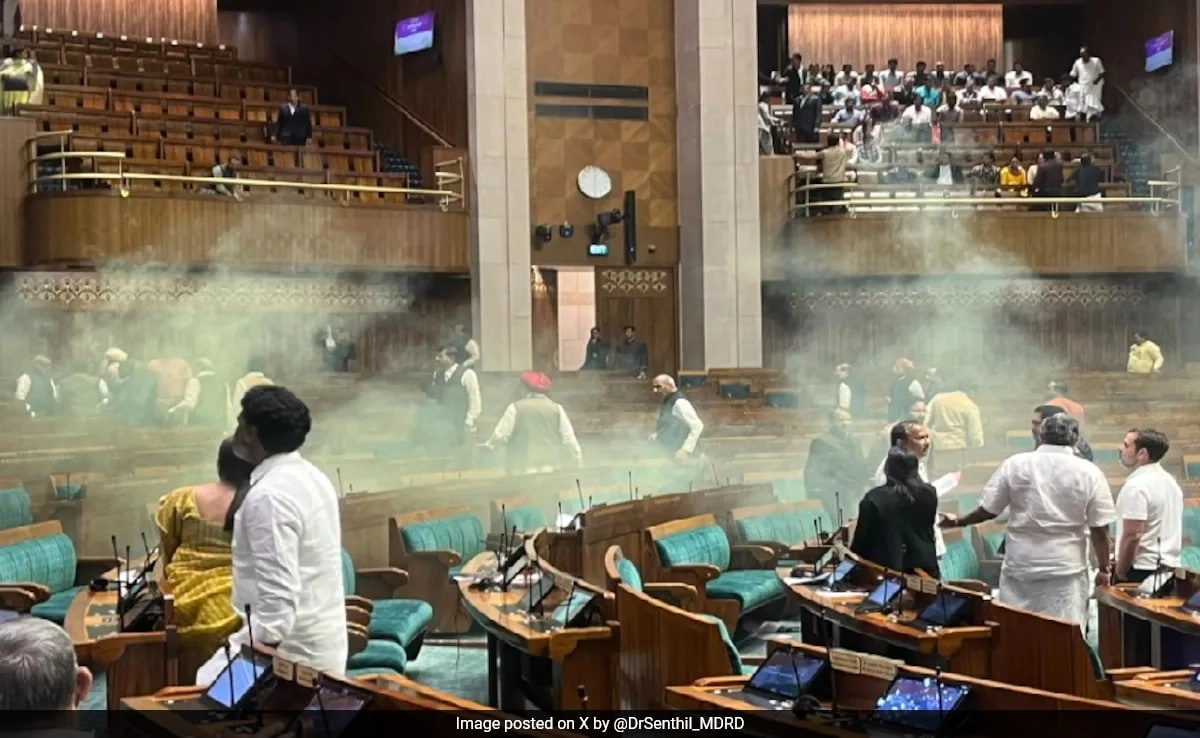The ongoing water dispute between Punjab and Haryana has escalated to a critical point, with officials from both states engaging in heated exchanges over water rights. The Punjab government has vehemently accused Haryana of “robbing” its rightful share of water resources, a situation that has ignited tensions between the two states. This conflict primarily revolves around the distribution of river water, which is vital for agriculture and sustenance in both regions. The authorities are now calling for urgent intervention to resolve the matter, highlighting the growing frustration over what they perceive as an unfair allocation of water resources.
As the situation intensifies, Punjab officials have raised concerns about the implications of this water scarcity on local farmers and the agricultural economy. The state’s reliance on river water for irrigation is paramount, and any disruption could lead to significant losses for farmers who depend on a consistent water supply for their crops. The Punjab government argues that the current distribution agreements are outdated and fail to account for the changing needs of both states, prompting calls for a comprehensive review and renegotiation of water sharing agreements.
In response, Haryana officials have defended their stance, claiming that they are merely seeking to secure sufficient water supplies for their own agricultural needs. They argue that the state’s growing population and agricultural demands necessitate a fair share of the available water resources. This back-and-forth has resulted in a deadlock, with both sides unwilling to compromise, leading to a heightened atmosphere of mistrust. The central government may need to step in as a mediator to facilitate discussions and help both states reach a mutually beneficial agreement before the situation spirals further out of control.
The water dispute between Punjab and Haryana underscores the critical importance of resource management in India, where water scarcity is increasingly becoming a pressing issue. As climate change exacerbates water shortages across the country, regional conflicts over water rights are likely to become more common. It is imperative that both states recognize the need for collaboration rather than confrontation in order to ensure sustainable water usage and to avert a potential crisis that could have far-reaching consequences for the populations and economies of both regions.




